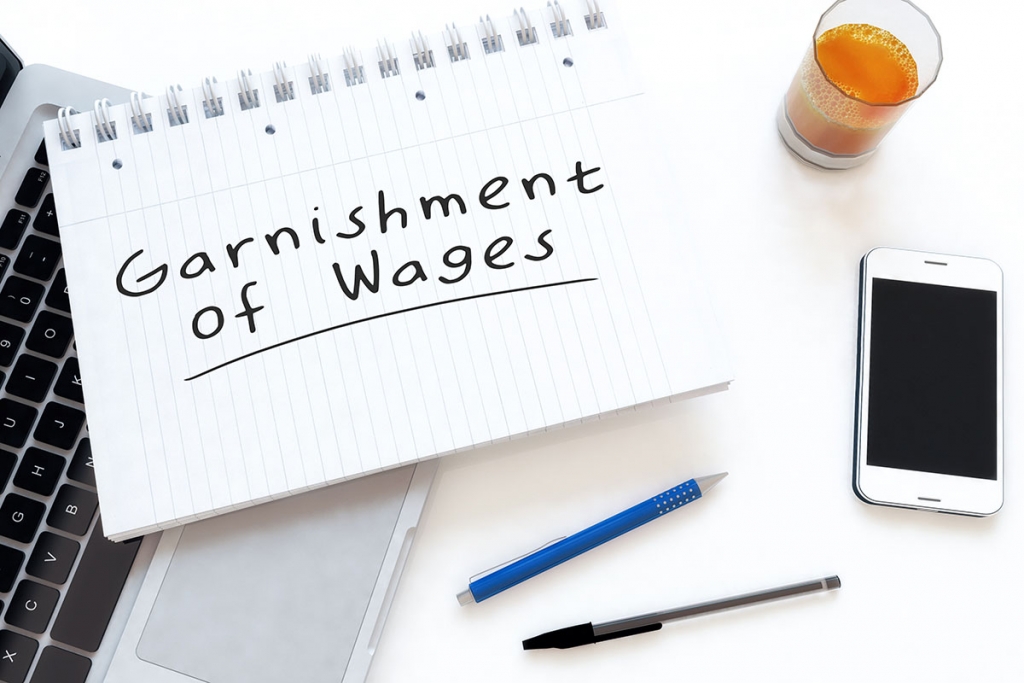What You Need to Know About Arizona Wage Garnishment Laws
Wage garnishments can cause serious hardships for you but ultimately, creditors can only send so many mailings and call debtors so many times before resulting to alternate methods to get the money that a debtor owes them.
Sometimes these debtors call in the help of debt collections agencies, which will then begin to pester you about repayment. In other cases, the debtor might pursue a lawsuit seeking to seize your assets or garnish your wages to get their money back.
You might simply get a notice stating that the debtor will be garnishing your wages. At this point, it’s wise to discuss the matter with an Arizona bankruptcy attorney as soon as possible. With the right legal actions or filing for bankruptcy, you might be able to avoid wage garnishments. That’s because filing for bankruptcy starts an automatic stay, meaning the debtor cannot garnish your wages.
Before taking any action, learn more about what a wage garnishment proceeding looks like and what you can do at every step along the way.
Step one: lawsuit
Creditors start by filing a lawsuit against you to collect the money you owe them. But don’t worry, this process cannot begin without the courts making you aware.
The creditor must serve you with an official lawsuit notice. When you’re served about a pending lawsuit, you’ll get documents that detail the lawsuit against you and what the creditor is claiming you owe them. It will also detail the actions the creditor wants the courts to take, such as garnishing wages or seizing your assets.
Just because you’ve been served with a lawsuit does not mean that you’ll automatically face wage garnishment. Instead, the case must move through the court system. At this point, you should hire a lawyer to help you respond to the lawsuit.
If the lawsuit is legitimate and you are unable to pay the money you owe, you should explore bankruptcy. Wage garnishment could make your challenging financial situation worse. With bankruptcy, you can have all your debt discharged or it might go into a debt repayment plan.
Step two: court ruling
The court will look at your case to make a judgment about garnishing your wages. It will then issue a writ of garnishment if it sides with the creditor. The writ goes to your employer or bank to begin garnishing your wages or savings.
You’ll also be notified of the writ. That way, you can take action to stop the garnishment quickly. If you file for bankruptcy, the automatic stay takes place immediately and blocks the wage garnishment. The automatic stay will no longer apply if your request for bankruptcy is denied. And if your bankruptcy filing succeeds, your debt might be discharged or become part of a payment plan so that the wage garnishment does not take place.
Possible step three: filing an exemption
If your savings are being garnished, you might be able to file an exemption proving that the funds are legally protected. Examples of legally protected funds include:
- Unemployment
- Disability payments
- Social Security
To file an exemption, you’ll need to work with an attorney to show proof of where these funds came from and why they are exempt. Regardless, filing for bankruptcy will protect these funds.
Whether you’re facing wage garnishments or struggling to meet your financial obligations, filing for bankruptcy in Arizona could provide you a fresh start to your finances. Avoiding lawsuit proceedings from creditors is a great added perk of filing for bankruptcy. You’ll get relief from debt collectors throughout the process and begin to heal your credit.
Contact us today to learn more about filing for bankruptcy and what to do if you’re facing wage garnishments.


